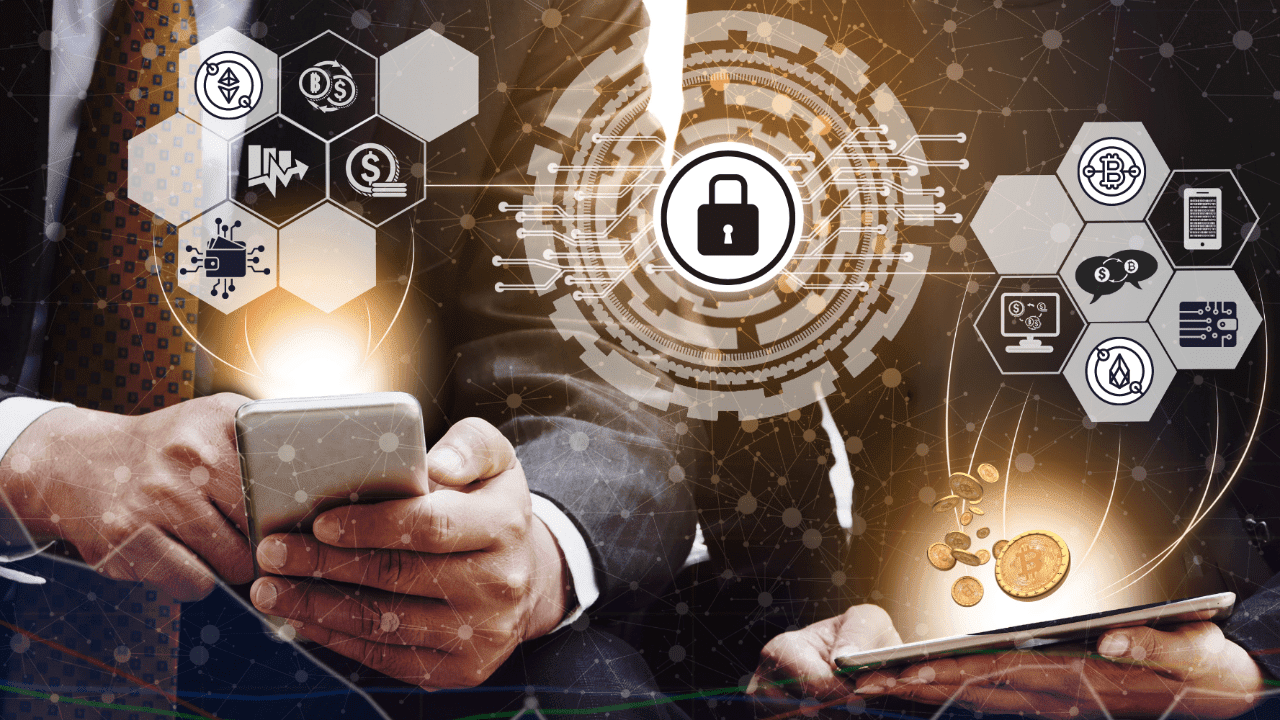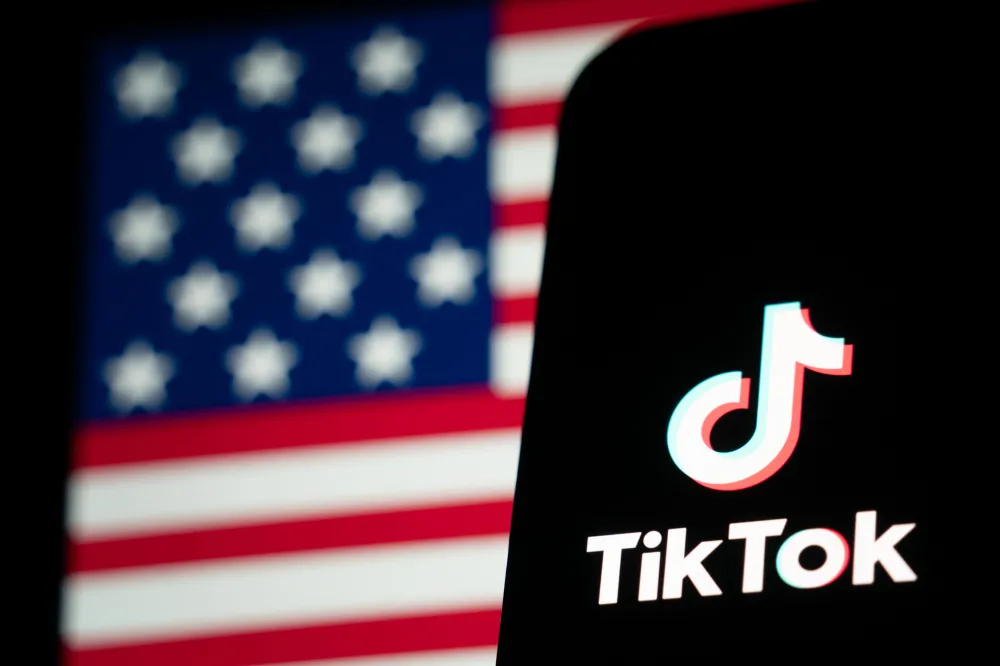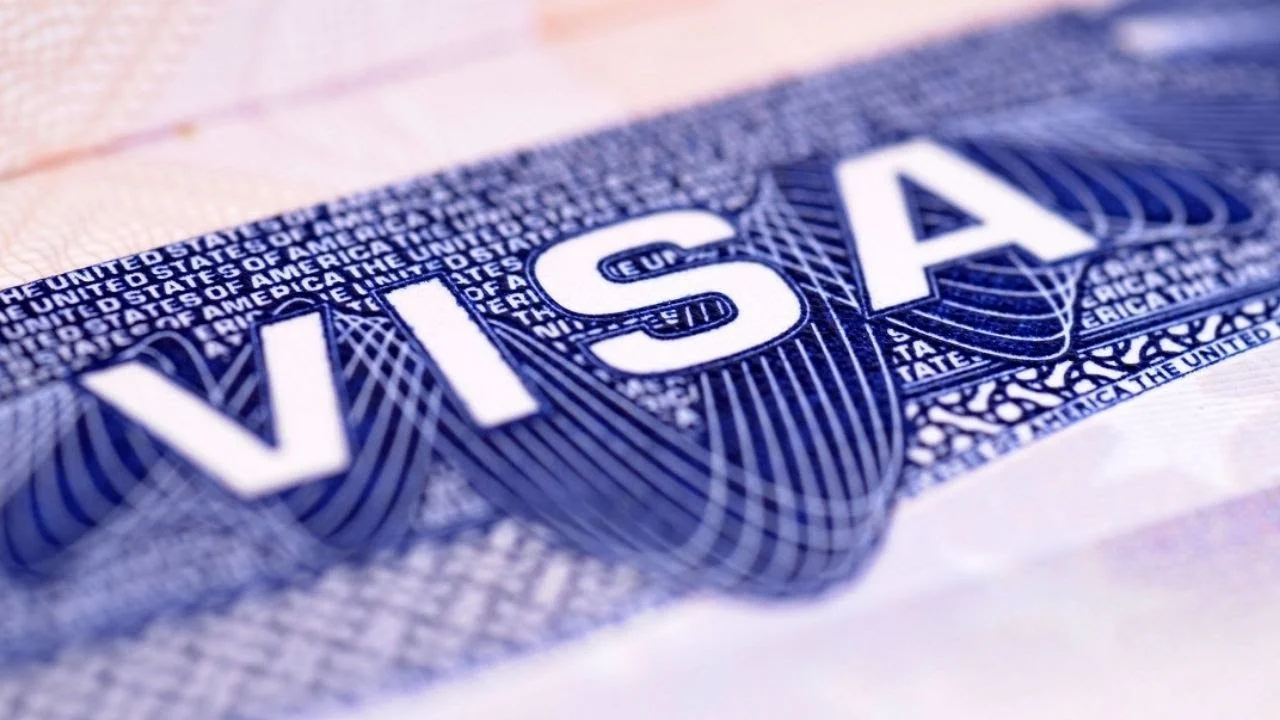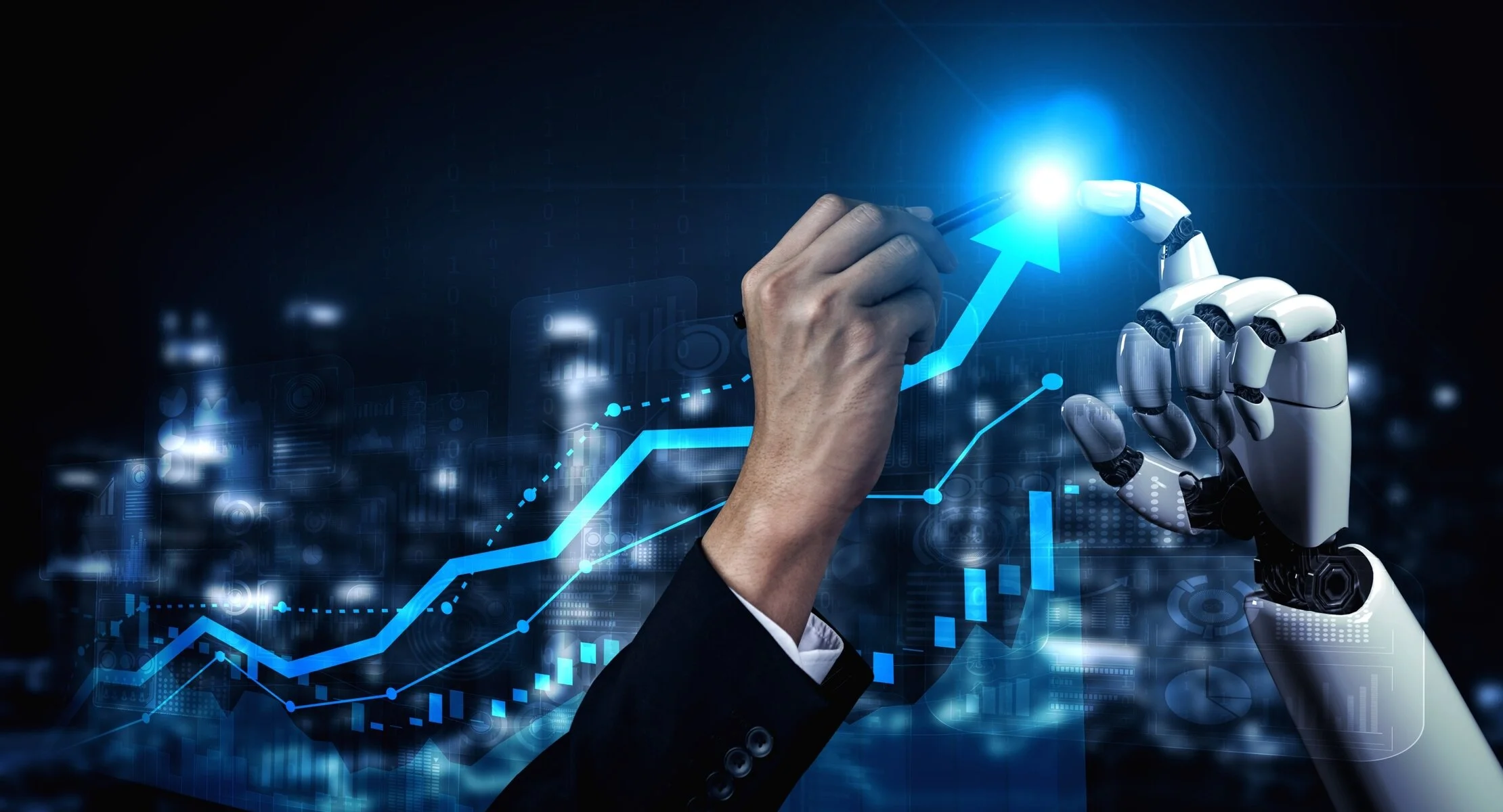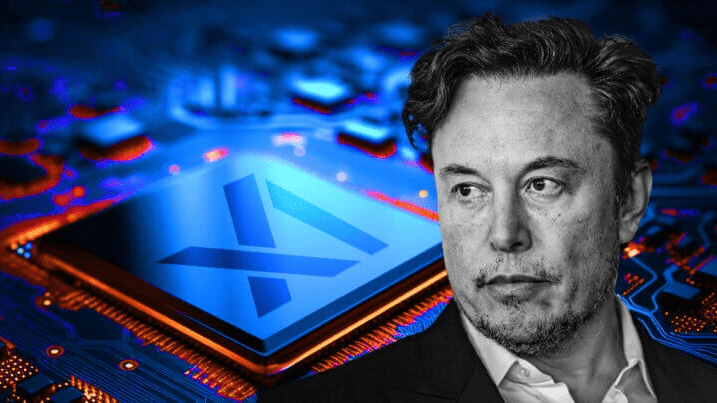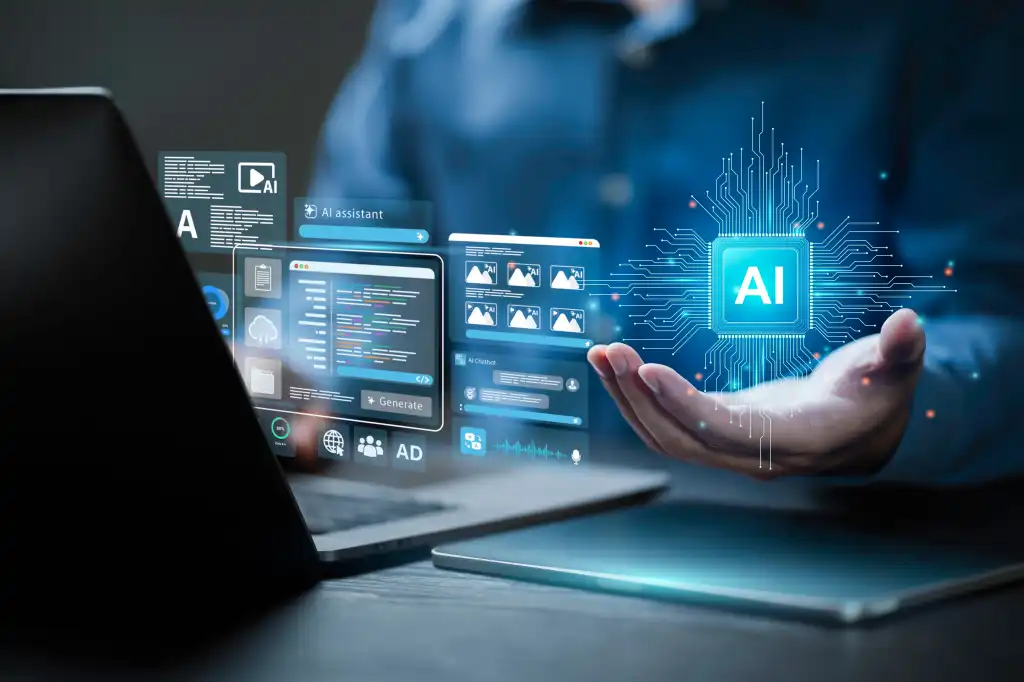In this time when industries are highly automated, Artificial Intelligence (AI) is the main reason for processing automation, improved efficiency, and making data-driven decisions. However, although AI can handle huge amounts of data quicker than any human, certain decisions need emotional intelligence, ethical reasoning and human intuition, which machines find difficult to imitate. This article explores the question of whether AI automation would reach its limits and discusses why the importance of human judgment is inevitable in certain situations.
The Strengths of AI in Decision-Making
AI has shown its tremendous effectiveness in the field of data analysis, logic, and predictive analytics, which are mainly the driving forces behind decisions. In particular, the sectors of finance, healthcare, and logistics have profited a great deal from artificial intelligence’s capability of identifying trends, process optimization, and eliminating cognitive errors originating from emotional attachments.
For instance, in the financial sector, transactions carried out through artificial intelligence depend on the analysis of hundreds of variable elements in real-time and the execution is done much faster than what human traders can do. Another excellent example is the case of COVID-19 where AI used a machine learning algorithm to map out a new disease from the genetic data it had, and it also managed to diagnose similar cases through imaging and historical data thus improving in certain medical conditions. Through these applications, AI showcased its proficiency in the field of repeatable, data-heavy logical decisions where logic prevails over intuition.
The Limitations of AI: Where Human Intuition Matters
Although AI is impressive, its limitations come into play in situations requiring decisions made on the basis of intuition, empathy, creativity, and ethical reasoning. This is especially true for areas where the context is of greater importance than historical data.
1. Ethical and Moral Decisions
Ethical dilemmas are hard for AI due to the absence of moral reasoning and the lack of an innate sense of right and wrong. The role of human intuition is critical in situations involving prejudice, justice, or human welfare. A case in point is when an AI model is used for hiring procedures or for criminal sentencing. But unfortunately, the algorithm cannot put biases in historical data, whereas a human being ensures the implementation of social responsibility and fairness.
2. Complex and Unpredictable Scenarios
AI is built around patterns and predictions but instead of navigating through the storm, it turns to stone when it encounters the unthinkable. A notable example is disaster management, which is characterized by factors like earthquakes, political unrest, or pandemics that arise unexpectedly and that require rapid thinking and flexibility. Human leaders are specialists in making real-time decisions with respect to changing data, a scientific ability that AI is yet to develop.
3. Emotional Intelligence and Human Interaction
Emotional gaps make AI incapable of putting itself in someone else’s shoes, and feeling emotions, or learning the social nuances that humans have. The particularity of this limitation is reflected in the careers that rely mostly on emotional skills, like counseling, leadership, and customer relations, among others. In this regard, a therapist often gives emotional signals the main role and uses empathy to mitigate the issues of a client which an AI bot has no ability to offer.
4. Creativity and Innovation
Although the work of AI can be based on pre-existing patterns to generate things like generating content, art, and music, the equivalent of these tasks of original art are the products of human imagination and intuition. The huge creative breakthroughs often arise from instinct, inspiration and personal experiences – which AI will never have. Whether in artistic expression, storytelling and scientific discovery – human creativity is still at the forefront.
AI and Human Intuition: Striking the Right Balance
Rather than viewing AI and human intuition as opposing forces, the best approach is to use them together. AI can handle data-heavy tasks, automate routine processes, and enhance efficiency, allowing humans to focus on complex, intuitive, and ethical decisions.
For instance, in medicine, AI can assist in analyzing test results, but final diagnoses and treatment plans require a doctor’s expertise, empathy, and experience. In business strategy, AI can predict market trends, but human leaders must make the final call based on intuition, ethics, and long-term vision.
Final Thoughts
The combination of AI and human intuition is fruitful in those areas that deal with ethics, imagination, emotional intelligence, and adaptability, where intuition cannot be called on. The path forward is for AI and human decision-makers to collaboratively work together, which can be ensured by the technology being used without efficiency being compromised at the expense of human capabilities that exhibit depth and nuance. Integrating AI and intuition into system design and manufacturing will help us build a technological world that promotes, instead of replacing, the complexities of human thinking.






